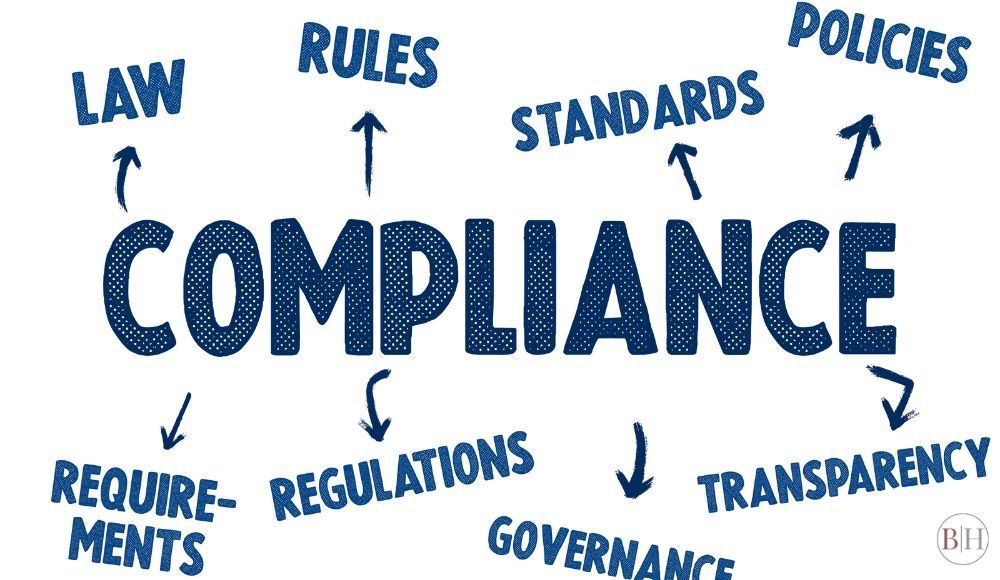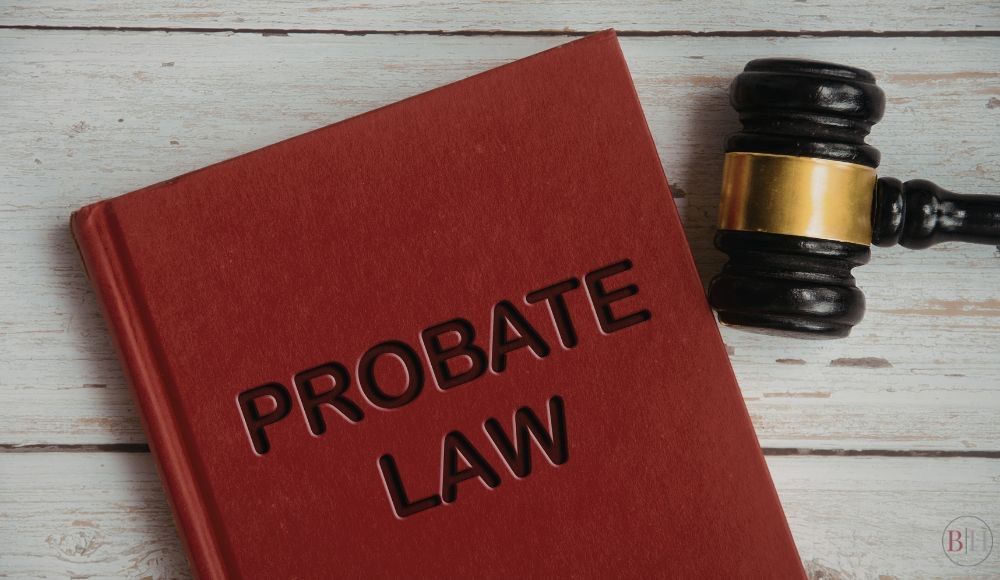Understanding Real Estate Titles

If you are purchasing a property, it is crucial that you understand real estate titles – from what they are, to the different types of titles – and an experienced Real Estate Attorney can help ensure you get the best title for your needs.
What is a Title?
“A title is a document that shows legal ownership of a property or asset,” Investopedia explains. “A title can represent ownership of a real asset such as a car or an intangible property or asset such as a trademark.”
Types of Real Estate Titles
How your home or other real estate is titled may have legal ramifications, from how the property can be sold or taken by debt collectors to how your estate manages the property after your death. There are several types of real estate titles, each with pros and cons.
The type of real estate title you choose can affect taxing, financing, collateralization (using an asset as collateral to secure a loan), and transferring or selling the property. Determining which title is best for your needs depends on your personal and financial circumstances and how you want ownership of the property to pass if you sell the property, get a divorce or die.
Here are five of the most common types of real estate titles:
- Joint Tenancy with Right of Survivorship – With a joint tenancy, two or more people (called tenants) hold the title equally. The tenants do not have to be married or related in any way. Responsibility for the property, how it is used, and the financial burden is shared equally by all tenants. With a right of survivorship, if one person dies, ownership automatically passes to the surviving tenant or tenants.
- Tenancy in Common – With a tenancy in common, two or more people hold the title jointly. However, the percentage of ownership can vary. For example, one person may own 30% of the property while the other one owns 70%. The property can be shared equally but the financial ownership is different. Each tenant can sell their interest or pass it on to whomever they want upon their death. If a person does not have a will, their share of the property is distributed based on applicable law. This type of ownership may be used when a group wants to purchase a property or for married couples who do not want the property to automatically pass to the surviving spouse upon death.
- Tenants by Entirety – Tenants by entirety is permitted for legally married couples in certain states, including Pennsylvania. This type of ownership looks at the couple as one individual owning the property. Ownership automatically transfers to a spouse upon the death of the other one. Creditors of one spouse may not seek to execute against property owned by both spouses as a joint tenancy by entirety.
- Sole Ownership – One person owns the property. This ownership is typical for someone living alone or an individual who purchases a property as an investment.
- Corporate or Trust Ownership - Real estate also can be owned by a trust or a corporate entity.
Titles vs. Deeds
The terms title and deed are often used interchangeably but they differ. A deed is written proof that someone owns a property, and it is used to transfer ownership of a property from the current owner (the grantor or seller) to a new owner (the grantee or buyer). It is used to show evidence of a transfer of ownership and the buyer’s right to sell the property to someone else.
“The title is the concept of legal ownership that the deed grants you,” Experian states. A deed is a physical piece of paper, whereas a title is a “concept.” The title gives you the right to use or modify the property.
What is a Title Search?
When a property is sold, a title search is normally performed to ensure that the seller is the legal owner and to confirm if there are liens against the property. A title company normally conducts a title search, which involves examining public records to disclose any potential legal or financial issues with the property, such as outstanding property taxes, undisclosed easements, and outstanding lawsuits or liens against the property.
We Can Help You Avoid Costly Real Estate Mistakes
Purchasing property is a considerable investment, and there are many components to any real estate transaction, including statutory and regulatory requirements. Choosing the best title for your needs can be difficult if you are not familiar with real estate law.
One of the experienced and knowledgeable real estate attorneys at Bingaman Hess can be key to any successful real estate transaction. Call the law firm of Bingaman Hess at 610.374.8377 or find us online.









